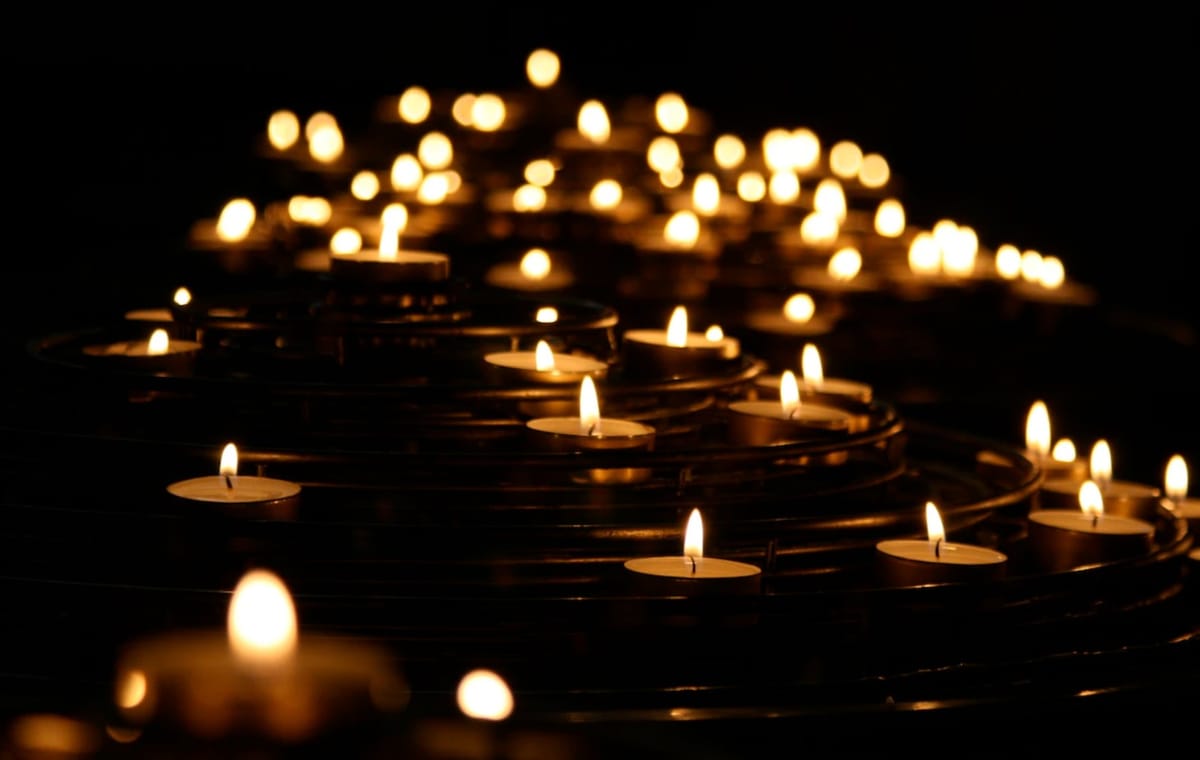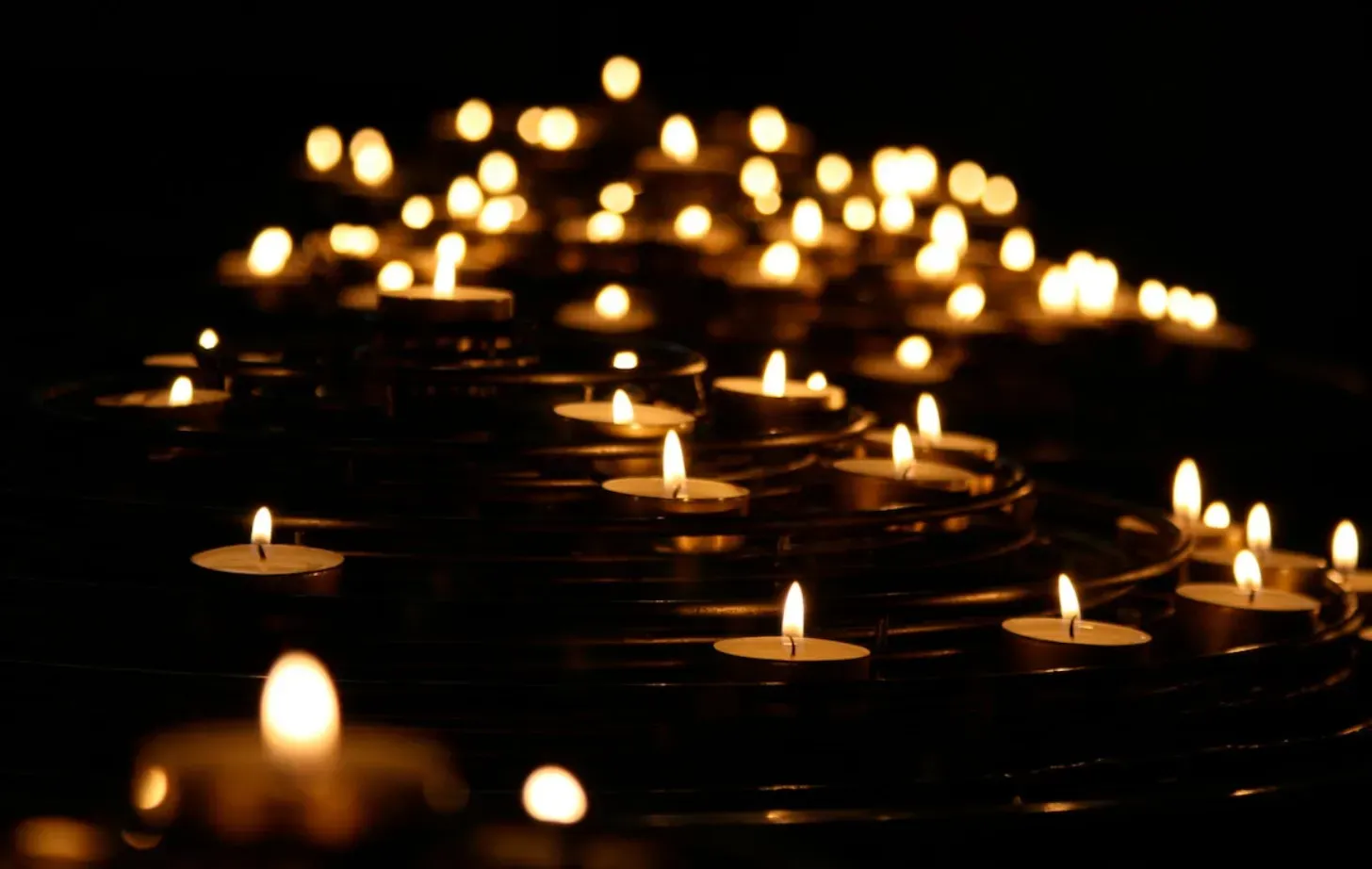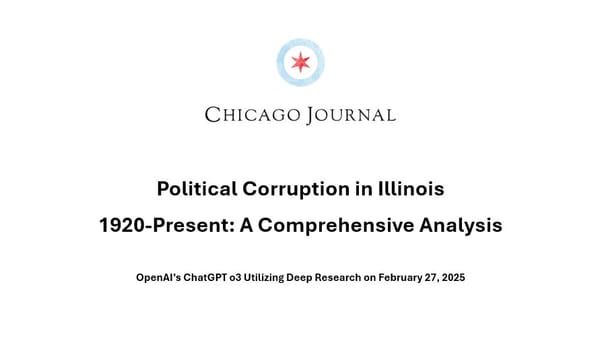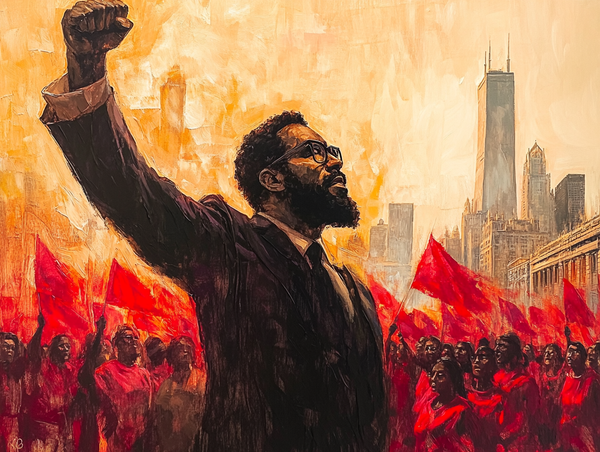'Just another day,' say residents of city startlingly numb to shocking violence
People living in the city where this kind of violence routinely occurs reportedly concluded that there was no way to prevent this violence from taking place.


CHICAGO - In the hours following yet another shooting that left [insert number of victims here] victims killed and/or [insert number of victims here] victims seriously injured, residents casually noted that these occurrences are all part of the local charm.
The city's most recent utterly horrific violent incident registered as little more than another statistic in Chicago’s ongoing saga of violence. As evening news anchors rattled off the body count, locals could be seen sipping their craft beers and nodding along. The “just-another-day-in-the-life” tragedy barely registered as a blip on the radar of a populace accustomed to daily doses of carnage, where they seem almost comforted by the consistency of Chicago’s murder schedule - where a shooting occurs every 2 hours and 20 minutes and a person is murdered every 12 hours.[1]
"This was a terrible tragedy, but sometimes these things just happen and there's nothing anyone can do to stop them, you know?" said Near North Side resident Kate Douglas while sipping her morning coffee, echoing sentiments expressed by millions of purported adults who live and work in a city where some of the nation's deadliest gang violence has occurred over the past 50 years and whose citizens are 143% more likely to be the victim of violent crime than the national average.
Local authorities routinely express frustration over the cyclical nature of the violence but often point to complex social and economic factors that fuel these recurrent tragedies.
"We're doing what we can with the resources we have," said a city official who preferred to remain anonymous. "We keep trying the same things over and over and over again and it just never seems to work. But we're determined to keep trying."
In a grand ceremony attended by city officials and bemused residents, the Mayor’s office suggested a new monument might be erected, dedicated to his administration's efforts in talking about doing something about it. The statue, located in the heart of downtown Chicago and replacing a different statue the Mayor described as "racist" and "too white."
“This monument could represent our city’s unwavering commitment to talking about the problem,” said the Mayor in a speech. “We hope it will serve as a reminder that while we can’t seem to solve the problem, we sure can look like we care.”
The impact on tourism has been palpable and businesses have struggled to adapt. At least, those that remain.
Visitors, who once flocked to Chicago for its vibrant nightlife, iconic architecture, and culinary excellence, now navigate their itineraries with heightened caution. The city's tourism board is actively working to counteract the negative image.
"Yeah, I know there are other places where...you know...for some reason...this doesn't happen," said Alex Pappas, who lives in the West Loop. "It's sad, but hey, if these guys want to shoot...it’s not like we can just stop them or put people in jail."
Those most affected are Chicago's children.
"Growing up here, you just get used to it," explained 17-year-old high school student Maria Vasquez. "You learn where to walk, what to avoid. Sometimes it feels like we're living in a movie, except it's real. And it doesn't end..."
In response to the violence, Chicago Public Schools and the Chicago Teacher's Union have taken a proactive approach by threatening more work stoppages unless given extraordinary pay increases paired with unprecedented pension benefits. When asked to place a small number of controls to measure the effectiveness and performance of individual teachers in an effort to address out of control spending and whether the Union was routinely using the city's children as metaphorical hostages to fleece their neighbors for every last dime they're worth, Teacher's Union officials described the changes as “necessary in today’s environment” for the Teacher's mental health and suggested anyone who disagreed was, in fact, a racist.
“By the time our students graduate, they’re not book smart — they’re street smart,” said one former Superintendent. “We’re preparing them for the real world in a way no other city can and our teachers deserve a life of luxury for their years of service to their communities.”
Parents have expressed mixed feelings. One concerned mother said, “I mean, I support teachers and all, but I also wonder if we could maybe focus on...I don’t know...math and stuff.”
As the sun sets over Chicago and the victim's families are left to grieve, a warm glow hangs over the city's skyline and locals prepare for another night of uncertainty. While the violence may be an unshakable part of life here, locals find solace in the familiar. After all, in a city where tragedy has become routine, sometimes laughter really is the best defense.
"The Mayor's office is obviously well-aware of the violence," said another anonymous aide. "But, I mean, this city has elected the same people for over 100 years so it's not like it's an election issue or whatever."
"It's really beautiful in the summer, though..."
EDITOR'S NOTE: With obvious deference to the original from The Onion.

The Chicago Journal needs your support.
At just $20/year, your subscription not only helps us grow, it helps maintain our commitment to independent publishing.
If you're already a subscriber and you'd like to send a tip to continue to support the Chicago Journal, which we would greatly appreciate, you can do so at the following link:
Send a tip to the Chicago Journal

Notes & References
heyjackass.com ↩︎




